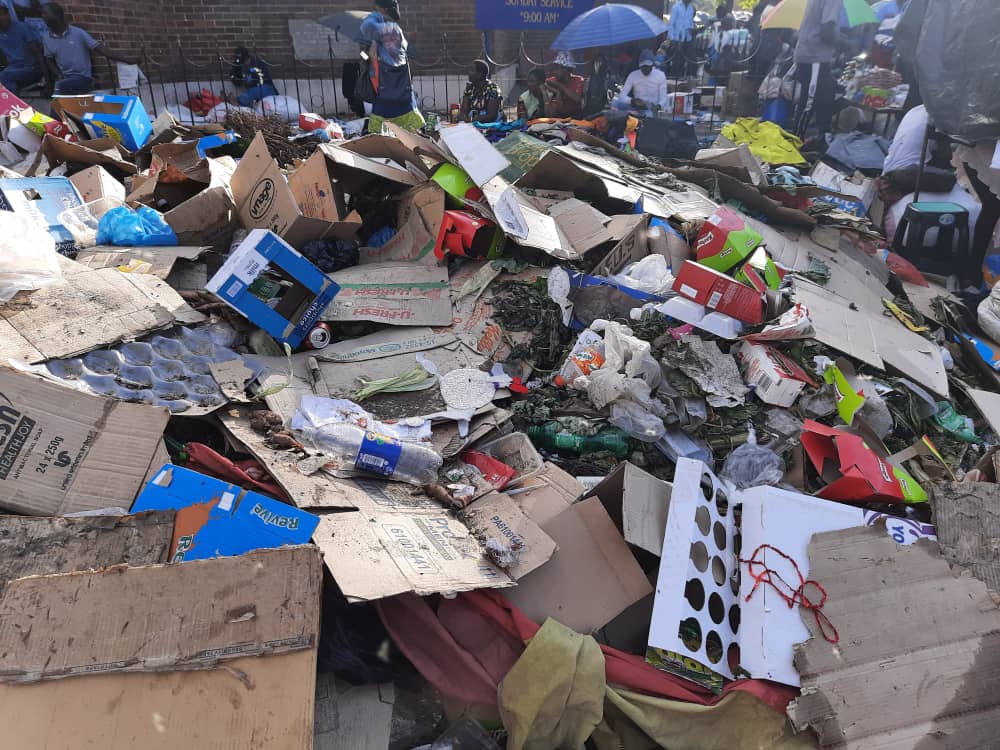Bulawayo Takes Action Against Informal Traders
Princess Tshuma

The City of Bulawayo is taking a stand against the growing problem of litter and unsanitary conditions caused by informal traders. In a recent move, the Bulawayo City Council has issued an ultimatum to all informal traders, urging them to relocate to designated trading sites and obtain proper vendor licenses by February 9th 2024.
The Council in Collaboration with the office of the Minister of State for Provincial Affairs and Devolution, is enforcing the move based on the Urban Councils (Model0 Hawkers and Street Vendors By Laws. This action aims to restore order and cleanliness in Bulawayo’s streets white ensuring the safety and well being of both residents and vendors.
In a statement issued by the Bulawayo City Council; “All illegal informal traders are warned and advised to move to designated sites no later than Friday 9 February 2024. Registered informal traders who have abandoned their bays and/or are not paying the required council fees are advised to return their bays and regularize their operations.”
The move comes amidst growing concerns over the increasing amount of litter generated by street vendors, particularly fruit and vegetable sellers. This litter not only creates an unsightly and unpleasant environment but also poses a health hazard, potentially contributing to the spread of diseases like cholera and respiratory infections.”The unsanitary conditions resulting from the lack of proper waste management and hygiene practices by street vendors have serious consequences for public health,” said Nozithelo Moyo, a resident interviewed. “This move by the BCC is a significant step towards protecting the health of Bulawayo residents and vendors alike.”
The BCC’s initiative is a welcome step towards improving sanitation and public health in Bulawayo. However, its success hinges on effective enforcement and collaboration between the authorities, vendors, and residents. It is crucial to ensure that vendors have access to proper waste disposal facilities and hygiene training at designated trading sites. Additionally, residents must be encouraged to dispose of their waste responsibly to contribute to a cleaner and healthier city.
